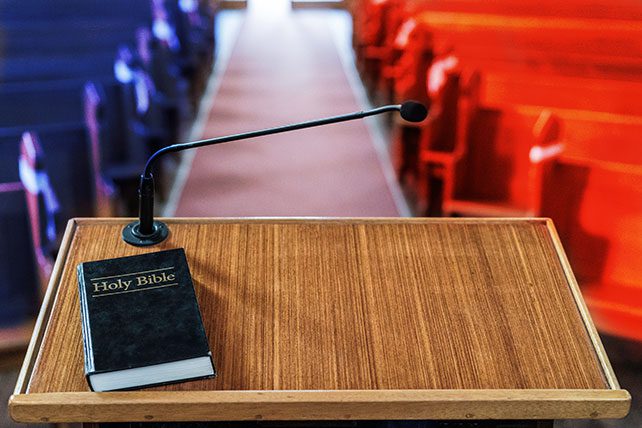I was recently invited to teach a seminar at Christ College, Sydney, on pastoring in a politicized age. Preparing for that seminar gave me the opportunity to craft a few bullet points of applied political theory for pastors. In other words: how can pastors best shepherd their people to think rightly about politics? Granting that particular issues may vary broadly from country to country, here are eight principles on pastoring in a politicized age that we should regularly bring before their congregations.
8 Principles for pastoring in a politicized age
1). Politics are designed by God to be a blessing.
At its most basic (and noble) level, politics are an expression of the second greatest commandment: to love your neighbor as yourself. In a post-Babel world, there is diversity in languages, ethnicities, and governments. Nations strive against nations, and God has established varying mechanisms in culture for people to collaborate together for the common good. This was government’s design (Gen 9:6). Paul specifically calls government “God’s servant for your good.”
We can often allow our thoughts of politics to be jaded and clouded. But if in our pastoring we allow politics to be jaded too much, we will harm our ability as pastors to train up a new generation of leaders who will advocate for the family and for human life. We won’t have advocates in the public square for justice and those who will protect children, family, and marriage. It is good to be reminded that politics has potential to do massive good in society. However, pastoring in a politicized age should also teach that:
2). Politics are often turned into a curse.
Like all of creation, politics are marred by sin. People, from the mighty to the weak, frequently use their power to exploit (Ecc 4:3). In fact, oppression often takes place at the hands of those who themselves are being oppressed (Ecc 5:8). You might see a law enforcement agent abusing his power and not realize he himself is being abused by those above him, who are acting on ungodly orders by those higher up, and so on. It is so common that Solomon says, “Do not be amazed at the matter.” It’s just how the world works. What God gave for good is often abused for individual power, riches, and unjust gain.

